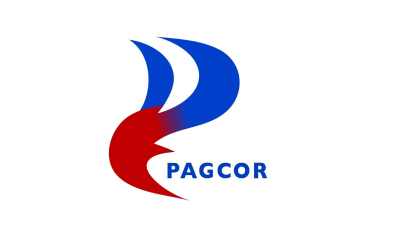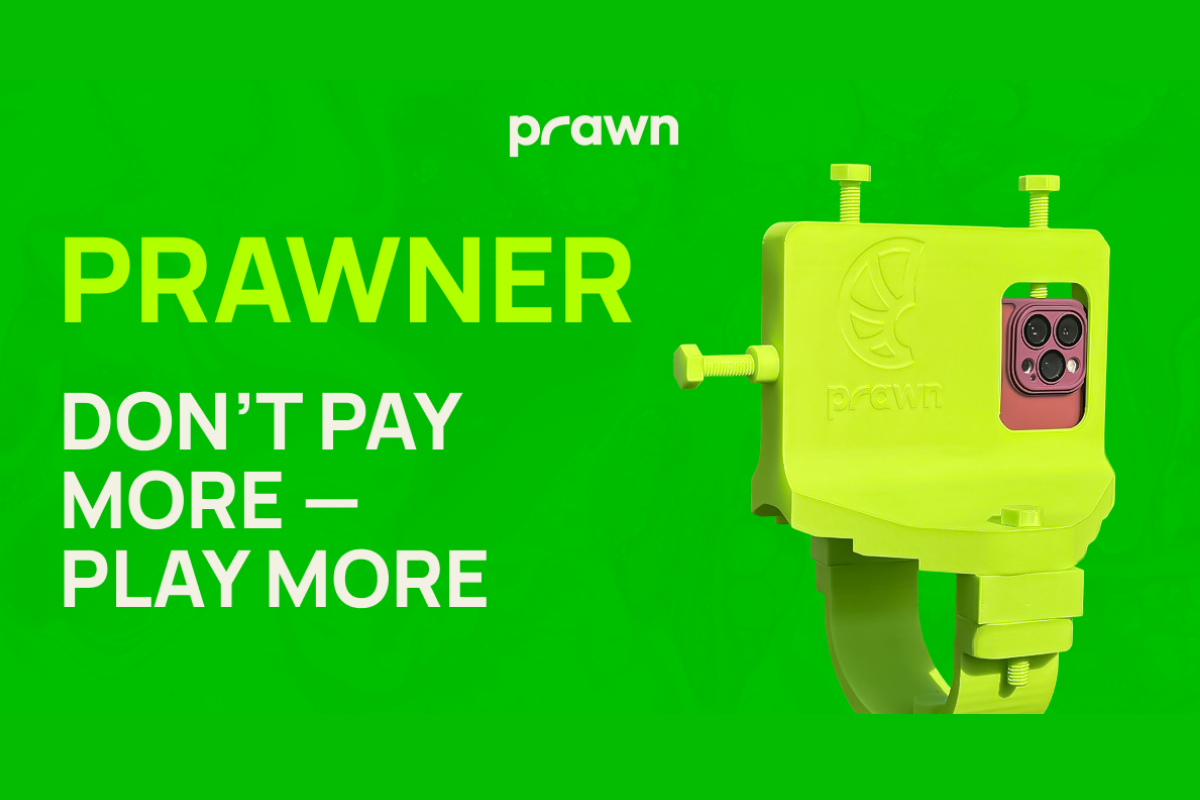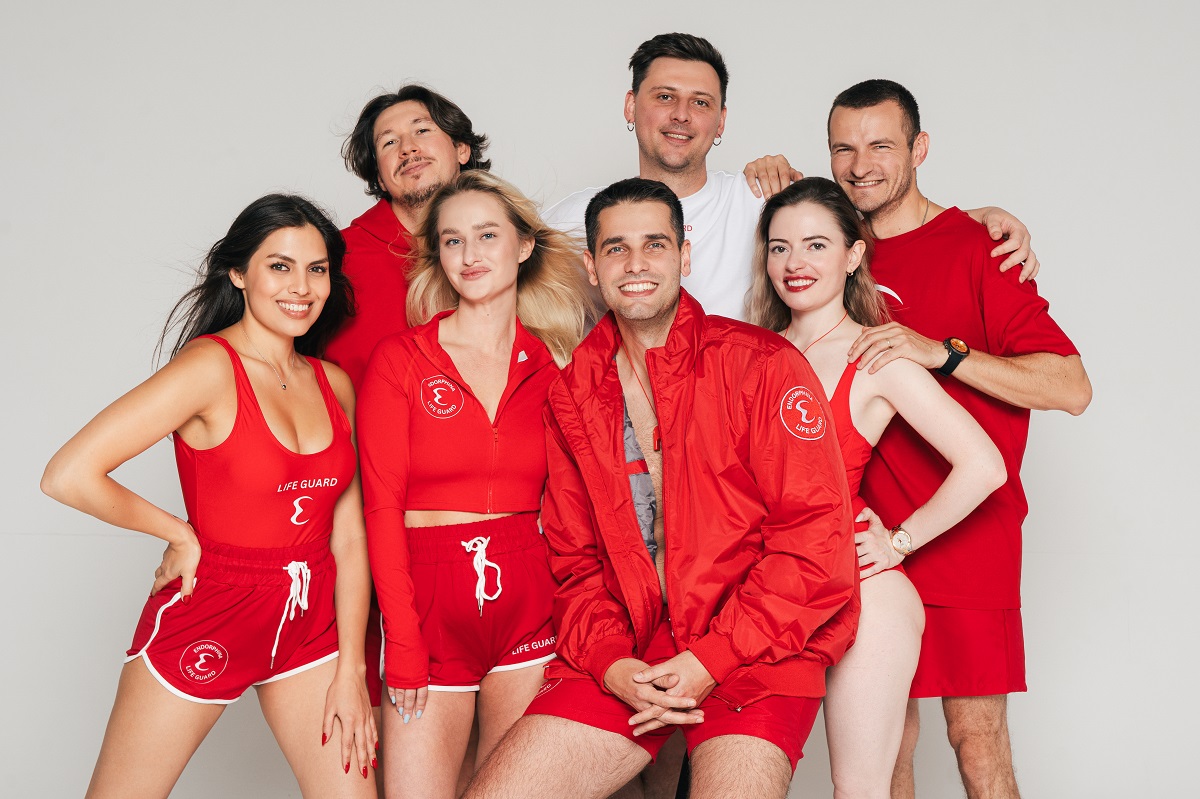Latest News
Heightened antitrust/competition law risk for sport governing bodies facing new market entrants

In recent years, the European Commission (EC) and National Competition Authorities (NCA) have shown increased appetite to investigate sport governing bodies in relation to rules that restrict competition from new market entrants (principally, “outsider” commercial event organisers). These rules most commonly operate by either imposing on new market entrants to respect the rules and regulations of the sport as conceived by the governing body, and/or by disciplining athletes (and other participants, such as coaches, match officials etc.) if they participate in events that are not sanctioned (i.e. approved) by the governing body.
The most notable recent case in relation to such rules is the EC’s continuing investigation into the eligibility rules of the International Skating Union (ISU). This case represents the most significant intervention by the EC in this area since the landmark Fédération Internationale de Sport Automobile (FIA) case in the late 90s/early 00s, in which the EC expressed concerns that the FIA was using its regulatory powers to exclude competing events for its own commercial benefit, ultimately leading to significant structural changes in the organisation of Formula One following commitments offered in order to meet those concerns.
The ISU is the sole body recognised by the International Olympic Committee to regulate the sports of figure skating and speed skating on ice. Its members are national ice skating associations (the ISU is therefore at the top of the ‘pyramid’ for ice skating).
The ISU’s eligibility rules impose bans on ice skaters, potentially for life, if they participate in events not approved by the ISU. A complaint about these rules was made by two Dutch professional speed skaters, Mark Tuitert and Niels Kerstholt, resulting in the EC opening proceedings in October 2015. On 27 September 2016 – despite the ISU making changes to its rules in June 2016 – the EC sent a Statement of Objections to the ISU, stating that the EC’s preliminary view was that the ISU’s rules unduly restricted the athletes’ commercial freedom and prevented new entrants from organising alternative events, because they were unable to attract top athletes.
In announcing the Statement of Objections, Commissioner Vestager alluded to the balance that is to be struck:
‘International sports governing bodies play a unique role in setting the rules of the game and ensuring standards of conduct. They are responsible for both the health and safety of athletes and for the integrity of competitions. We have concerns that the penalties the ISU imposes on skaters through its eligibility rules are not aimed at preserving high standards in sport but rather serve to maintain the ISU’s control over speed skating.’
The ISU’s immediate reply, by way of press release (also dated 27 September 2016), was a robust one. It stated:
‘Any allegation that the ISU’s rules are somehow anti-competitive appears to be based on a misplaced understanding of the governance structure of sport and the Olympic movement. The European Union’s founding Treaty as well as the EU institutions have long recognized the autonomous governance structure of sport as being essential to the protection of the integrity, safety and health in sport. These rules benefit sports organizers, sportspersons and spectators…
It appears then that the European Commission has failed to take adequate account of the importance of the legitimate objectives pursued by the ISU’s eligibility rules. A neoliberal and deregulated approach to sport could destroy the Olympic values underpinning sport.’
The ISU case is not the only recent case, and NCAs have either opened or decided cases such as:
- Italy, in relation to provisions of the Federazione Italiana Sport Equestri (FISE) providing it with exclusive jurisdiction over sporting and/or recreational activities and restricting FISE members (riders, technicians, trainers, etc.) from participating in events outside FISE’s jurisdiction;
- Sweden, in relation to rules of the Swedish Bodybuilding Federation (SKKF) under which members were suspended or fined if they participated in events not affiliated to SKKF; and
- Belgium, in relation to the ‘unsanctioned events’ rule of the Fédération Equestre Internationale (FEI), according to which the FEI had the power to suspend for up to six months riders, horses and officials from participating in FEI-promoted events if they participated in events not approved by the FEI.
The ‘pyramid structure’ of sports governance
Those involved in European sport will be familiar with the pyramid structure of sports governance, whereby a sport will have one international federation sitting above continental and/or national federations (which might in turn sit above a number of regional federations). Indeed, the pyramid model is one unique characteristic of sport that the EC has long recognised: the so-called “specificity of sport” includes:
‘…a pyramid structure of competitions from grassroots to elite level and organised solidarity mechanisms between the different levels and operators, the organisation of sport on a national basis, and the principle of a single federation per sport.’
The pyramid structure has a number of advantages for the governance of sport, including:
- enabling sports to define uniform rules, both on and off the field (including the rules of play, anti-doping regulations, anti-corruption regulations etc.);
- aiding the equitable distribution of revenue from the elite to the grassroots level, encouraging participation, development and competitive balance; and
- the prevention of conflict within sport, which is desirable for the selection of national athletes and teams, and the identification of champions at each level of the sport.
The pyramid structure is justified and it should not be automatically offensive from a competition law perspective, and there are several good reasons why sports governing bodies will seek to protect it by introducing rules which may have an anti-competitive effect. Indeed, these rules could negatively impact the economic interests of “outsider” event organisers and any participants who may wish to participate in events organised by them. Drawing the line between these competing interests is not a straightforward exercise.
The relevant legal test
Put very simply, it is settled that sporting rules with economic effects are compatible with EU competition law if they pursue a legitimate objective and if the restrictions that they create are inherent and proportionate to reaching that objective.
So, for example, it would be a legitimate objective for a governing body to seek to ensure uniform application of anti-doping regulations across participants in its sport, for instance by testing athletes prior to their participation in events. However, it may be disproportionate for a governing body to prevent any participation of athletes to events organised by new entrants and to ban an athlete for life should he/she participate in such an event without the possibility of an appeal.
Concluding remarks
Competition law challenges can represent a significant burden on the resources of sport governing bodies, and significant penalties can arise in the event of a finding of infringement (up to 10% of their global turnover).
There is a clear recent trend for governing bodies to be challenged by competition authorities at both the European and national level. This trend is likely to continue as rules that restrict competition are common to sports that adopt the pyramid model (which is most sports across Europe), and athletes and new entrants demonstrate continued and perhaps increasing willingness to challenge the perceived anti-competitive behaviour of sports governing bodies.
On the one hand, competition law respects the ability of sport governing bodies to pursue legitimate sporting objectives in a proportionate manner. On the other hand, their decision making process must ensure that their regulatory power is not misused to grant them a commercial advantage. Sports governing bodies would therefore be well advised to review their rulebooks to ensure that they mitigate the risk of antitrust challenge.
-

 Africa6 days ago
Africa6 days agoGhana’s NLA Introduces New Sticker to Clamp Down on Illegal Lotto Operators
-

 Africa6 days ago
Africa6 days agoRise & Hustle partners with Altenar to power its new sportsbook offering
-

 Asia6 days ago
Asia6 days agoPAGCOR: Online Gaming fuels nation-building, but illegal sites pose risks
-

 Eastern Europe6 days ago
Eastern Europe6 days agoDigitain Strengthens Romanian Market Presence Through KingCasino Partnership
-

 Central Europe6 days ago
Central Europe6 days agoCT Interactive Announces Strategic Partnership with Ecasino
-

 Latest News6 days ago
Latest News6 days agoCasino Playa de las Américas Implements JCM’s ICB Technology
-

 Compliance Updates6 days ago
Compliance Updates6 days agoElizabeth Varley, solicitor at licensing law firm Poppleston Allen, shares a handy refresher on the UK’s statutory levy, including the who, how much, why and how to pay
-

 Conference6 days ago
Conference6 days agoBetConstruct to Participate in SBC Summit Lisbon 2025
















